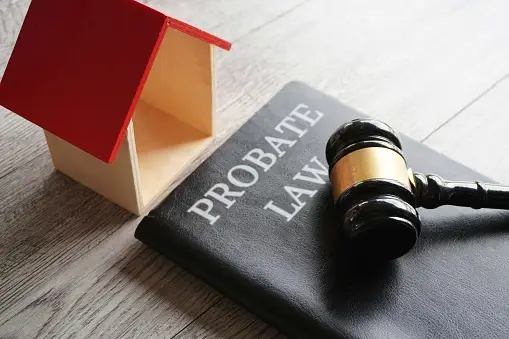Understanding the Probate Process in Texas
The probate process in Texas is a legal procedure that involves validating a deceased person's will and overseeing the distribution of their assets. It ensures that debts are paid and that the estate is distributed according to the deceased's wishes, as outlined in their will or by Texas intestacy laws if no will exists.
This process typically begins with filing the will and an application for probate in the appropriate county court. Key steps include notifying heirs and beneficiaries, inventorying assets, settling debts, and ultimately distributing the remaining assets. Understanding this process is crucial for executors and beneficiaries alike, as it can be complex and time-consuming.
Executor Duties and Responsibilities in Texas
The executor plays a vital role in the probate process, responsible for managing the deceased's estate until it is fully settled. Duties include gathering and valuing estate assets, paying off debts and taxes, and distributing assets to beneficiaries as per the will. Executors must act in the best interest of the estate and its beneficiaries, adhering to Texas probate laws.
In Texas, executors are also required to maintain accurate records and provide regular updates to beneficiaries about the estate's status. Failure to fulfill these responsibilities can lead to legal complications or personal liability, making it essential for executors to understand their obligations fully.
Common Challenges in Texas Probate Cases
Probate cases in Texas can present various challenges, including disputes among beneficiaries, complicated asset valuations, and potential claims against the estate. Such conflicts may arise over the interpretation of the will, disagreements on asset distribution, or issues concerning the validity of the will itself.
Alternatives to Traditional Probate in Texas
In Texas, several alternatives to traditional probate exist that can expedite the distribution of assets and reduce costs. Options such as small estate affidavits, transfer-on-death deeds, and living trusts allow for a more streamlined transfer of assets without the need for a lengthy probate process.



